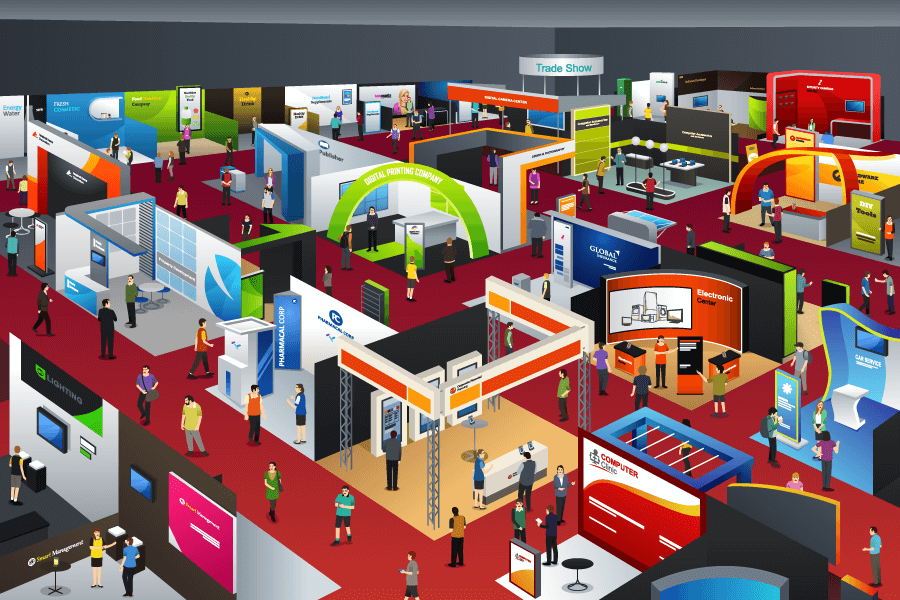- Details
- Hits: 688
The city interested in gaming was Gary, and I visited with the Lake County egislators and Gary city officials, to talk about the benefits of jobs, taxes, construction and tourism, and the negatives: crime, traffic congestion, prostitution and compulsive gambling.
That same week, I invited some of the legislative leadership and other representatives and senators to a dinner. I explained the pros and cons of introducing casinos, concentrating on the positive that Gary casino visitors and revenues would be principally from another state and city - Chicago, Illinois, and my views on the negatives of crime, prostitution and compulsive gambling.
Violent and property crimes are always overstated for a city, but that depends on visitors from other communities, because the FBI statistics count the total crimes against the city's population. So, several cities in Florida, even Orlando, with Disney, Universal and all of the family attractions, have higher crime rates than Las Vegas or Atlantic City. Prostitution is more prevalent in city center hotels, that attract businessmen and conventions, than casino hotels because a casino hotel usually has 1.9 guests per room (usually a couple), where a convention/business traveler hotel, averages most likely 1.1 or 1.2, a natural target for a woman of the night. I joked with the NJ Attorney General in a gaming debate that casinos would not eliminate the problem of prostitution, but it would definitely improve the quality of the product.
Compulsive gambling is a real concern, but the average casino customer is more affluent where many state lotteries have their highest per capita spending in the lowest income neighborhoods. The casino industry in most states provide financial support to programs that help those with a gaming propensity.
The primary negative, in my view, is traffic congestion, but this is true if you have major arenas or stadiums, or theme parks and theaters, that attract large crowds.
Our first attempt for gaming in Gary was to place a few land based casinos on US steel property, on Lake Michigan, after coming to an understanding with US steel executives. I proposed we include a lite rail system connecting the casino sites and substantial parking. But 1988 was a difficult year in the House, with both Democrats and Republicans having 50 seats so the Speaker's role changed hands daily. Yet our Gary casino bill came within two votes of passage, although I doubt we would have done as well in the Senate.
I continued to come back to the legislature for the next five years, although I had three different employers, two of which were not interested in an Indiana casino. But my employment contracts allowed me to continue helping the states of Illinois, Louisiana, Missouri, and Indiana, at my expense, with their riverboat gaming efforts.
Indiana took the longest to approve gaming, and after our initial experience with Gary casinos, many other communities were interested. In the interim, four states had approved riverboat gaming and Mississippi gaming on barges. So, the gaming cat was out of the bag.
During that six years, the state approved a lottery and horse racing, but no racing company came forward, questioning the profitability, even around Indianapolis.
At the end of 1992, I met Rod Ratcliff, and we agreed to work together for casino gaming, but were again unsuccessful in the 1993 session. But then the legislature was called into special session for the budget, and we proposed that 50 cents of each riverboat entry fee go to subsidize racing. That effort succeeded, even overriding the Governor's veto.
By that time I had taken the President/COO role at Argosy, and Rod's company brought Conseco into a three way agreement to build a casino serving the greater Cincinnati market, in Lawrenceburg.
My early proposals, that IN casinos be near population in other states, was beneficial in the early years but as Ohio approved land-based casinos and then racetrack slots, two casinos serving the Cincinnati market have seen their casino revenues decline by 64 percent, and employment by over 1,500. And even though our IN casino legislation allowed much larger casinos than Illinois riverboats, we have now lost 24 percent of the win from our four Chicago area riverboats, primarily due to 26,000 video gaming terminals, located at over 6,000 businesses (that can qualify for a liquor license) all over the state.
Hopefully the 2019 legislative session will be kind to the gaming industry and help the riverboats build on land (like Tropicana Evansville), and regain some of the lost $907 million in casino revenues, and $405 million in gaming taxes, from our peak year in 2007.








